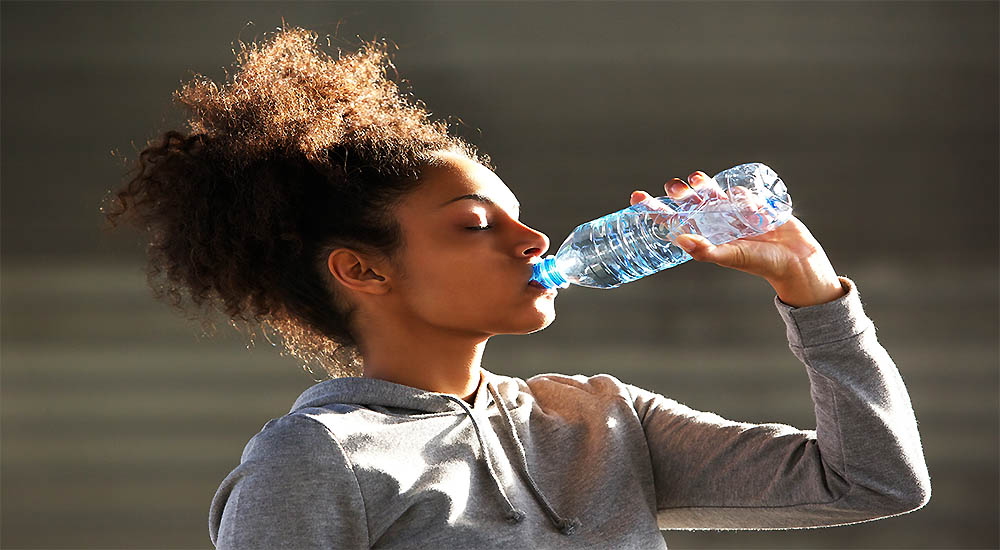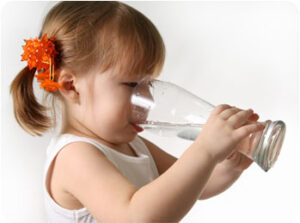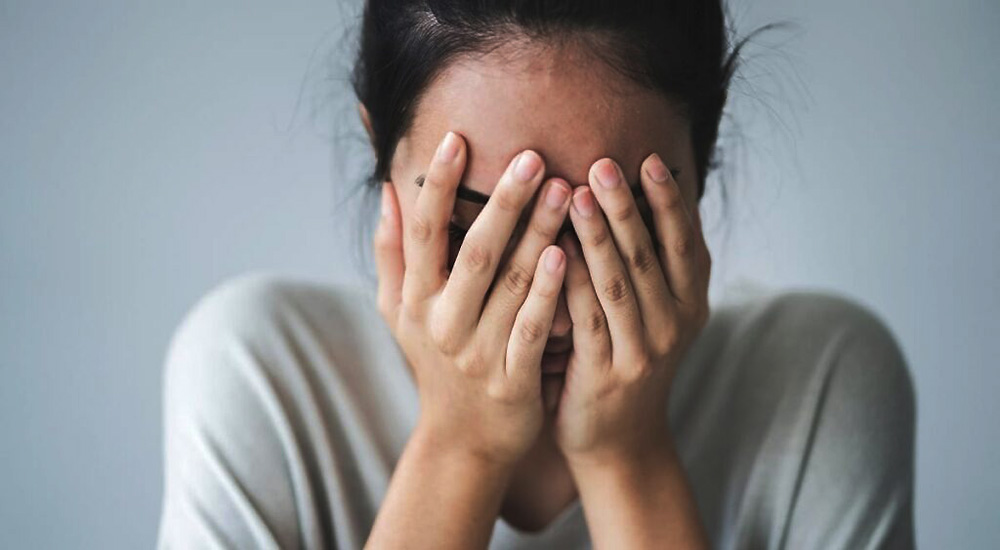Cautions About our Drinking Water

We can spend a lot of money on buying bottled water. It’s been fairly well established that drinking water from the tap is unhealthy. But how much healthier is your bottled water?
As a clinical nutritionist, I work with patients not only with their diet but I also stress the importance of hydration with the healthiest water possible. Excluding the environmental impact of all the plastic bottles, the problems with bottled water are these:
1. It’s estimated that 40% of bottled water, is actually tap water. I personally didn’t want to believe this one when I initially heard it. But more and more data has come out citing this, and it does appear to be the case.
2. Bottled water is typically housed in plastic bottles that can be a source of chemical toxins such as BPA and phthalates (pronounced thal-ates). The health problems of these substances are reviewed in the “Living Healthy in a Toxic World” lecture presented by our Clinical Nutrition department, but if you missed it here are some highlights of these two chemicals.
• Bisphenol A or BPA is an estrogen-like chemical that has been linked to learning problems, weakened immune system, early puberty in girls, fertility problems, diabetes, obesity, along with breast and prostate cancer.
• Phthalates make plastics more flexible and they are associated with several hormonal and reproductive problems such as reduced sperm counts, testicle abnormalities, and liver cancer.
3. If 40% of bottled water is actually tap water than we are consuming many drugs and toxins that leach into it such as arsenic, aluminum, disinfectant byproducts, and prescription drugs.
Fluoride, once thought to be good for our teeth is also found in drinking water in various amounts. While many people now know not to flush their drugs down the toilet, throwing them in the garbage isn’t safe either. It turns out that water drains through landfills and may eventually end up in rivers, the source of drinking water for many states. The combination of drugs that are mixed together in drinking water is frightening.
Whether you get overt symptoms from it or it affects the healthy reproduction of your body’s cells, there is an effect from consuming these trace amounts of drugs on a regular basis. Reducing such exposure is something that clinical nutritionists strive to accomplish in our patients.
4. How and where you transport your water is also very important. Glass or steel containers are the best. People who leave their plastic water bottles in their car to get warm from the sun, or on their bicycle, will be drinking water tainted with many chemicals due to heat mobilizing them from the plastic.
5. A note on fluoride: The International Journal of Pediatric Dentistry (September 2001) and a new study in the Journal of the American Dental Association, (October 2010) found that, contrary to what most people have been told, fluoride is actually bad for teeth.

Very recently (January 2011) the U.S. Department of Health and Human Services and the U.S. Environmental Protection Agency announced that they will take another look at the standards and guidelines for fluoride in drinking water due to the increase in dental fluorosis.
On a personal note, I must say that I waited a long time to hear these studies. My children are now 18, 20, and 22 and when they were young, fluoride treatments were “all the rage” with dentists. My intense refusal to use what I considered to be a toxic substance, caused much discussion between myself and our dentist. I’m glad to see that my gut instinct was correct as I have shared this opinion with patients over the years. So what should you do?
1. Get a reverse osmosis water filter for your home. Put it on your kitchen sink and use if for all drinking and cooking water. You can also go to a website called FindaSpring.com where you can find natural springs in your area that are a source of free clean water. I did a quick search myself and was pleasantly surprised to find a spring in Los Gatos, CA.
2. Invest in either glass or steel water containers that you can fill up at home and bring with you for the day. Most of us at Root Cause Medical Clinic do this. The bottles are easy to find and leaving the house with the amount of water you need to consume for the day makes it easier to drink what you need.
The number of people in our country who are truly dehydrated might shock you. It might also shock you to find out how much better you feel when you’re drinking the right amount of healthy water for your body.
3. Calculate your water needs: your weight divided in half equals the number of ounces of water you need per day. E.g. 128 lb divided by 2 = 64 ounces of water or 8 cups per day.
Consuming adequate amounts of good, clean water is something that each and every one of us needs to do on a daily basis. There is no alternative to this basic life necessity. It’s an unfortunate fact that the water flowing through the pipes in our homes is really not adequate to promote health – quite the contrary. It takes some work to get good water, but I think you’ll find it well worth it.
Here in our Clinical Nutrition department, we are often amazed at what incredible health changes ensue from simple lifestyle changes. Hydration definitely fits into this category. Please do let me know if this was helpful and write to me with any questions you may have. We are here to care for you, your family, and your friends. Our Destination Clinic treats patients from across the country as well as internationally.
Do you need help with your health?
We have the diagnostic and testing tools, the clinical experience, and a different medical approach to discovering the root cause of why you have the symptoms that are bothering you. As long as you are ready to make some dietary and lifestyle changes, we can help you. We will "hold your hand" through the changes, step by step, to make each step an easy one. We are located in Clearwater, FL, at 1000 S Ft Harrison, at the corner of Ft. Harrison Ave. and Magnolia St. There is plenty of parking space directly accessible from Ft Harrison. If it is not convenient for you to come to Root Cause Medical Clinic, we offer telehealth/telemedicine consultations to residents of certain states. Call us for details.
Contact us for a Consultation – Call 727-335-0400

Dr. Vikki Petersen DC. CCN
Founder of Root Cause Medical Clinic
Certified Functional Medicine Practitioner
Dr Vikki Petersen is a public speaker, author of two books, several eBooks and creates cutting edge content for her YouTube community. Dr Vikki is committed to bringing Root Cause Medicine and its unique approach to restoring health naturally to the world.
Ask a Doctor
Have a health concern you'd like to speak with a doctor about? Or just want clarity on a subject? Ask Us!


